Interpretations
Interpretations is one of the concepts that is specific to history and that makes it distinct as a subject. Children must understand that history is not black and white but rather shades of grey. There are no right answers but rather different versions of the truth. This concept recognizes both the subjective nature of historical evidence and the validity of multiple narrators. Children need to understand that primary evidence including oral history is not necessarily objective but depends on why the account was created. They also need to be aware that the different stories about the same event can both be true depending on the point of view of the narrator. This concept considers the reliability of evidence looking at fact, bias or point of view.
-

A creative Egyptian project
ArticleClick to view -
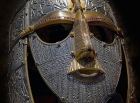
A trail of garnet and gold: Sri Lanka to Anglo-Saxon England
ArticleClick to view -

Addressing the issues of knowledge, skills and understanding
ArticleClick to view -
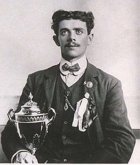
An Olympic Great? Dorando Pietri
ArticleClick to view -
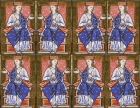
Anglo-Saxon Women
ArticleClick to view -

Assessment and Progression without levels
ArticleClick to view -
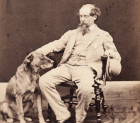
Battersea: here for every dog and cat – 165 years and still going strong
ArticleClick to view -
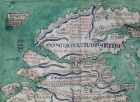
Britain's settlement by Anglo-Saxons and Scots
ArticleClick to view -
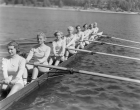
Celebrate your sporting heritage
ArticleClick to view -
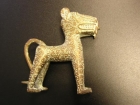
Eweka's story: Benin and Big Picture History
ArticleClick to view -

Film: What's the wisdom on... Historical Interpretations (Primary)
ArticleClick to view -

From Home to the Front: World War I
ArticleClick to view -
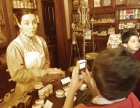
Geosong: a transition project
ArticleClick to view -

Getting to grips with concepts in primary history
ArticleClick to view -
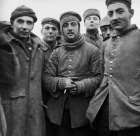
Ideas for Assemblies: Lest we forget
ArticleClick to view -

Investigating the ancient Olympic games: A Case Study
ArticleClick to view -
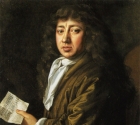
KS1: Teaching about significant individuals
ArticleClick to view -
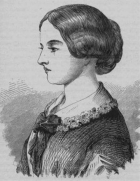
OFSTED, primary history and creativity
ArticleClick to view -

Our Iron Age challenge
ArticleClick to view -

Place-names and the National Curriculum for History
ArticleClick to view

